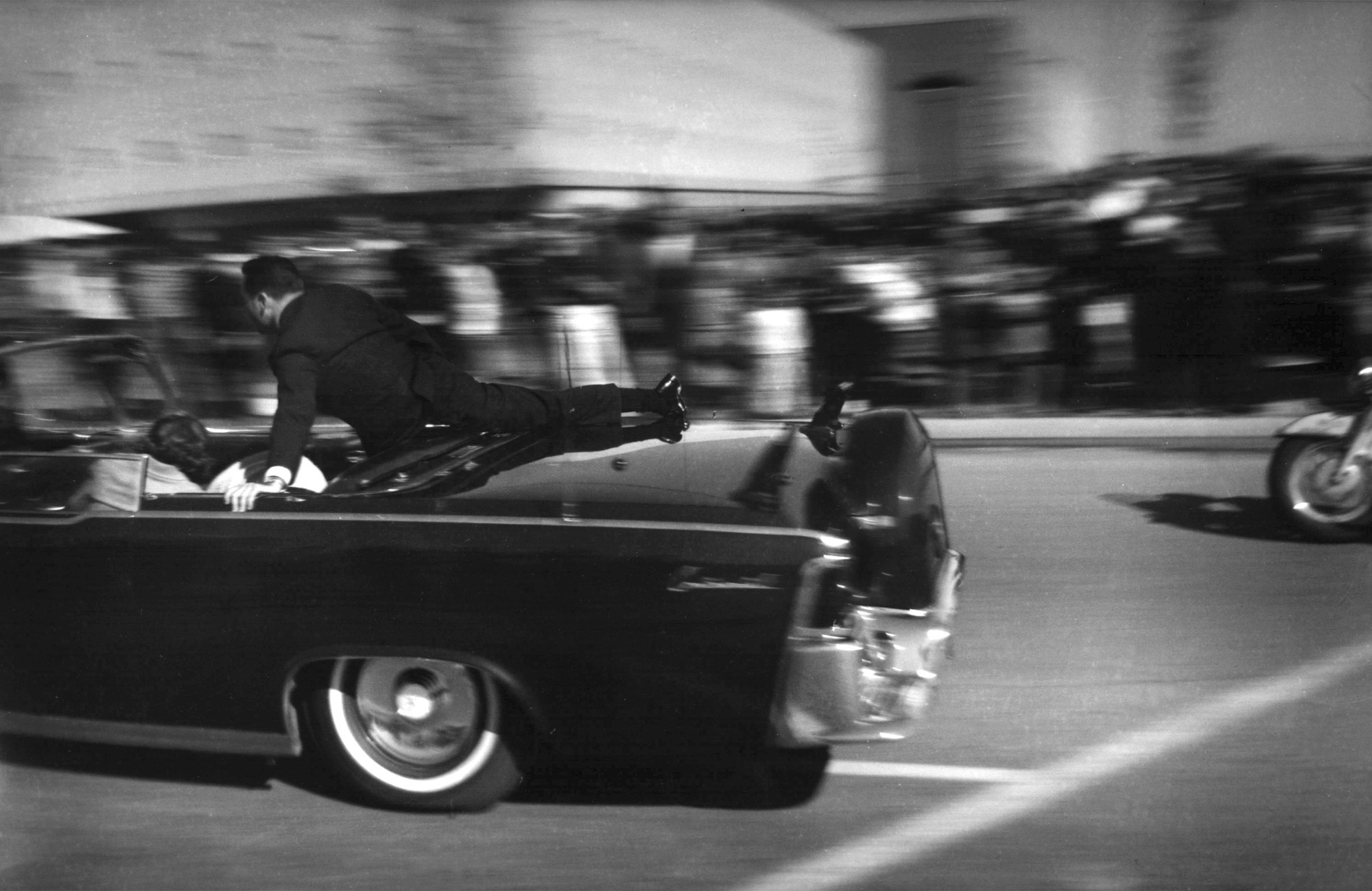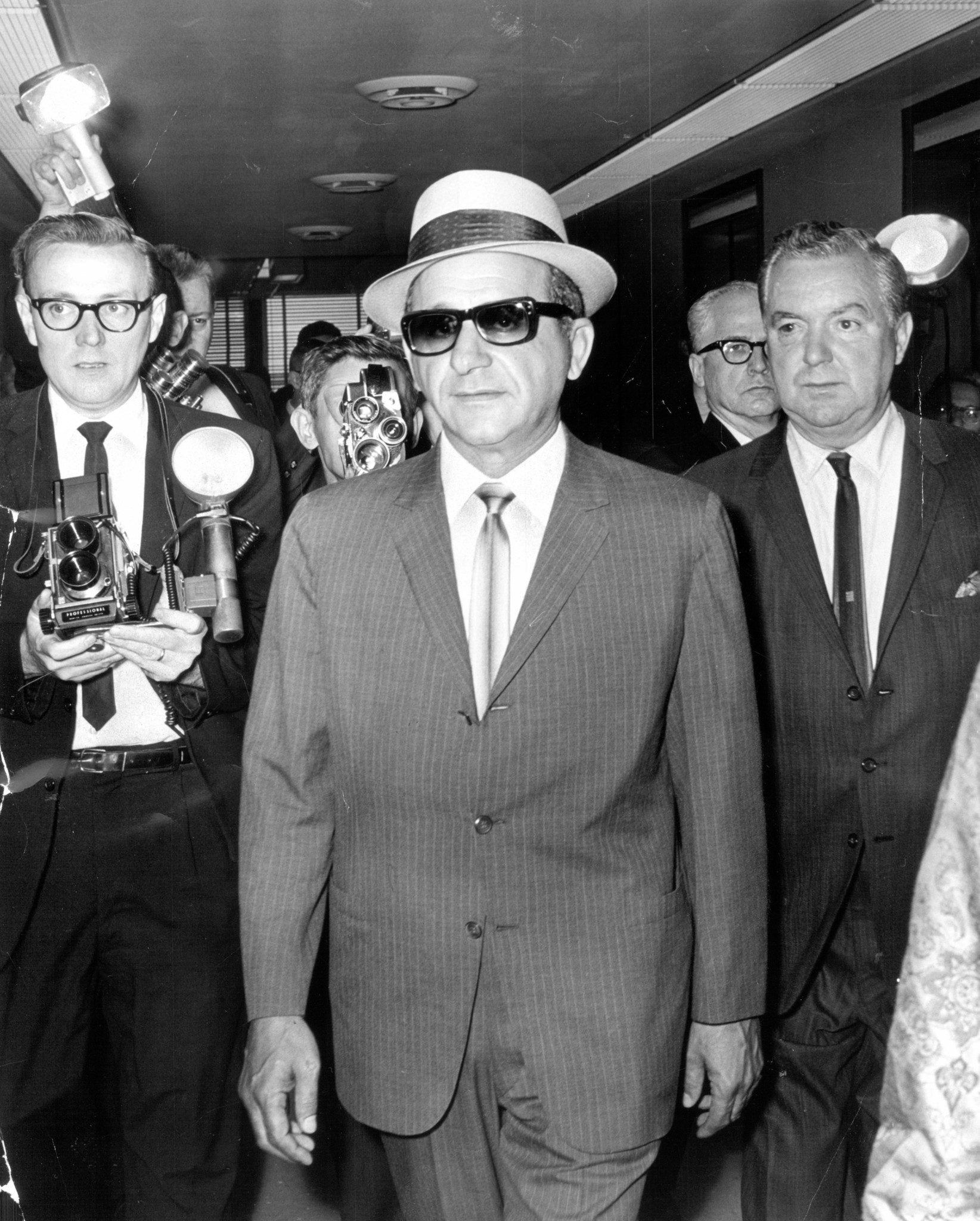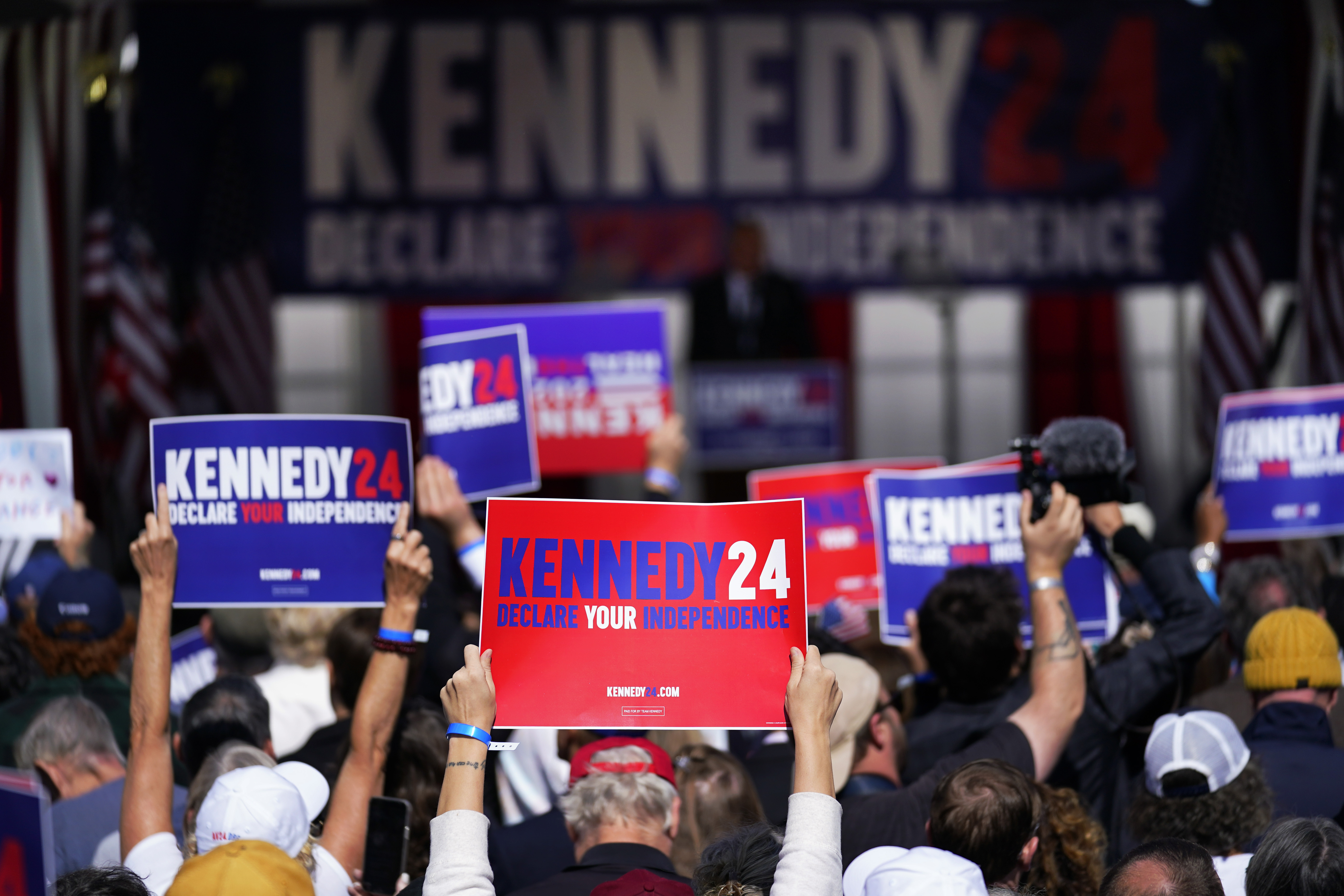Editorial: On 60th anniversary of JFK’s assassination, a fresh look at the day that changed everything
Sixty years ago today, Americans of all stripes were shocked when Walter Cronkite told them, wiping away tears, that John F. Kennedy had been shot and killed in Dallas.
It verges on trite to say everything changed after that. It also happens to be true. As Stephen Sondheim famously wrote in a song lyric, “Something Just Broke.”
But, that truth has taken on new forms as time has passed. The legacy of JFK has evolved as has its lessons for America.
For the first few decades after the tragedy, the narrative was one of before and after. For many, JFK’s death marked the loss of the country’s innocence, as manifested in the turbulent 1960s, the sexual revolution and a litany of cultural changes.
Where were you when you found out? Virtually every American old enough to remember could tell you.
JFK in those early decades was put on a pedestal. He was seen as inspirational (“Ask not what your country can do for you,” “We choose to go to the moon”) and a symbol of a nation on the rise — of a younger, vigorous, forward-looking country.
In more recent times, the legacy has morphed into something more complicated and in some respects worrisome.
The theorizing rampant on the internet — a technological advancement JFK no doubt would find mind-boggling — in some ways has its origins in the still-raging debate over who was responsible for the assassination.

Who would have guessed that, after creating the Peace Corps, launching the Apollo moon shot and averting a possible World War III during the Cuban missile crisis, JFK’s legacy in 2023 would in no small part be tied to an old human fixation: conspiracies. To this day, lingering skepticism that a lone gunman killed the president could be termed the mother of all such theories.
Gallup has been surveying Americans on JFK’s death since a few days after that tragedy happened. In general, most Americans long have told pollsters they believed that Lee Harvey Oswald was involved in a conspiracy to kill Kennedy while less than a third think he acted alone, as the Warren Commission concluded in 1964.
Gallup first asked Americans about the assassination just days after the 1963 murder. A 52% majority believed there was “some group or element” other than the gunman involved. Another 29% thought he acted on his own, and 19% were unsure.
But from the mid-1970s through the early 2000s, Americans’ belief in a conspiracy zoomed upward, ranging from 74% to 81% in six readings, before it declined in two more recent polls.
Who else was it if not Oswald acting alone? Early suspects in the public mind ran the gamut. They included the CIA, the KGB, the Mafia (particularly the Chicago Outfit), Vice President Lyndon B. Johnson and Cuban President Fidel Castro.

Chicago figured more prominently in the investigation when many locals suggested mobster Sam “Momo” Giancana, boss of the Chicago Outfit, had been involved for lurid reasons. During its investigation into the assassination and certain mob dealings, the FBI uncovered an affair in which the same woman was involved with the president and the mobster, although not at the same time. Their mutual connection was reportedly Frank Sinatra.
Giancana, known to enjoy politics and show business, was also embroiled in an FBI scheme to assassinate Fidel Castro, a government investigation disclosed. But in 1975, before he was scheduled to appear before a committee investigating intelligence activities, Giancana was assassinated mob-style in his Oak Park home while cooking Italian sausage and bell peppers. The reported motive: The Chicago and New York mobsters didn’t like the questions he was expected to be asked.
Coming 12 years after the assassination, such disclosures only served to stir up more speculation that Oswald did not act alone.
Fast forward to today: Large swathes of the American citizenry are awash in conspiracy theories. It hasn’t helped that the 45th president of the United States traffics eagerly in the stuff, from groundless assertions that Barack Obama isn’t a natural-born citizen to evidence-free contentions that Joe Biden fraudulently won the presidency in 2020. Suspicion toward fellow Americans — fueled in part by QAnon, Reddit threads and the like — dominate our culture. Too many people believe what they want to believe about those whose opinions they oppose, regardless of evidence.
In what some might view as a supreme irony, JFK’s nephew, Robert F. Kennedy Jr., is running for president 60 years later, spouting wild claims such as the alleged health risks posed by 5G technology.

We’d like to think JFK would look at this aspect of today’s America and be saddened. True, he was not the heroic figure so widely portrayed in the first decade after his death. JFK’s reckless womanizing, covered up by a White House press corps enamored of the Kennedy mystique and abiding by unwritten rules that politicians’ personal lives weren’t fair game, now is an inexorable part of his legacy. The country has come a long way in that respect, too. Ask two Democratic politicians, Gary Hart and Bill Clinton, who tried to emulate JFK as would-be carriers of the torch of progress and were held to account.
As we take stock and acknowledge a day that did indeed forever change our history, maybe we can recapture a little of what JFK at his best stood for. Respect and tolerance for each other regardless of creed or color. Imagination, faith in our ability to achieve and optimism that a better future is possible.
Join the discussion on Twitter @chitribopinions and on Facebook.
Submit a letter, of no more than 400 words, to the editor here or email letters@chicagotribune.com.
This article has been archived for your research. The original version from Chicago Tribune can be found here.


